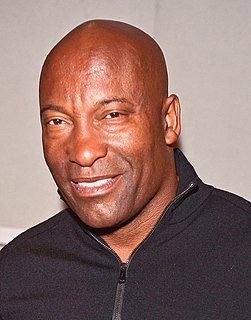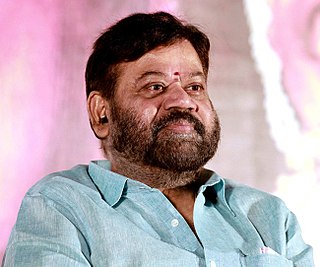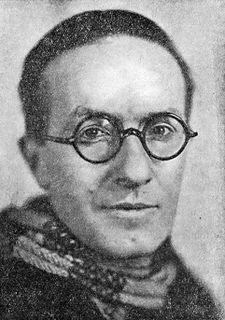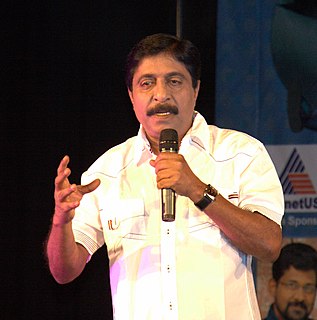A Quote by Robert M. Price
In broad outline and in detail, the life of Jesus as portrayed in the gospels corresponds to the worldwide Mythic Hero Archetype in which a divine hero's birth is supernaturally predicted and conceived, the infant hero escapes attempts to kill him, demonstrates his precocious wisdom already as a child, receives a divine commission, defeats demons, wins acclaim, is hailed as king, then betrayed, losing popular favor, executed, often on a hilltop, and is vindicated and taken up to heaven.
Quote Topics
Related Quotes
It concerns me when I see a small child watching the hero shoot the villain on television. It is teaching the small child to believe that shooting people is heroic. The hero just did it and it was effective. It was acceptable and the hero was well thought of afterward. If enough of us find inner peace to affect the institution of television, the little child will see the hero transform the villain and bring him to a good life. He'll see the hero do something significant to serve fellow human beings. So little children will get the idea that if you want to be a hero you must help people.
A man can be a hero if he is a scientist, or a soldier, or a drug addict, or a disc jockey, or a crummy mediocre politician. A man can be a hero because he suffers and despairs; or because he thinks logically and analytically; or because he is "sensitive"; or because he is cruel. Wealth establishes a man as a hero, and so does poverty. Virtually any circumstance in a man's life will make him a hero to some group of people and has a mythic rendering in the culture - in literature, art, theater, or the daily newspapers.
I don't really distinguish between a fictional hero and a real life hero as a basis for any comparison. To me, a hero is a hero. I like making pictures about people who have a personal mission in life or at least in the life of a story who start out with certain low expectations and then over achieve our highest expectations for them. That's the kind of character arc I love dabbling in as a director, as a filmmaker.
The pulp hero, though he may be a renegade, is a guy who doesn't feel. Anything. Ever. And for the adolescent male - pummeled by emotions left and right, whether arising from sexuality or resulting from his necessary encounters with authority - this hero is a blessing, a relief and a release. The world he lives in, where feelings are totally under control, looks to the adolescent boy like heaven! This hero's lack of feeling - like Star Trek's Spock - is what allows him to be a genius, or allows him to shoot the bad guys and/or aliens, without a quiver to his lip.



































